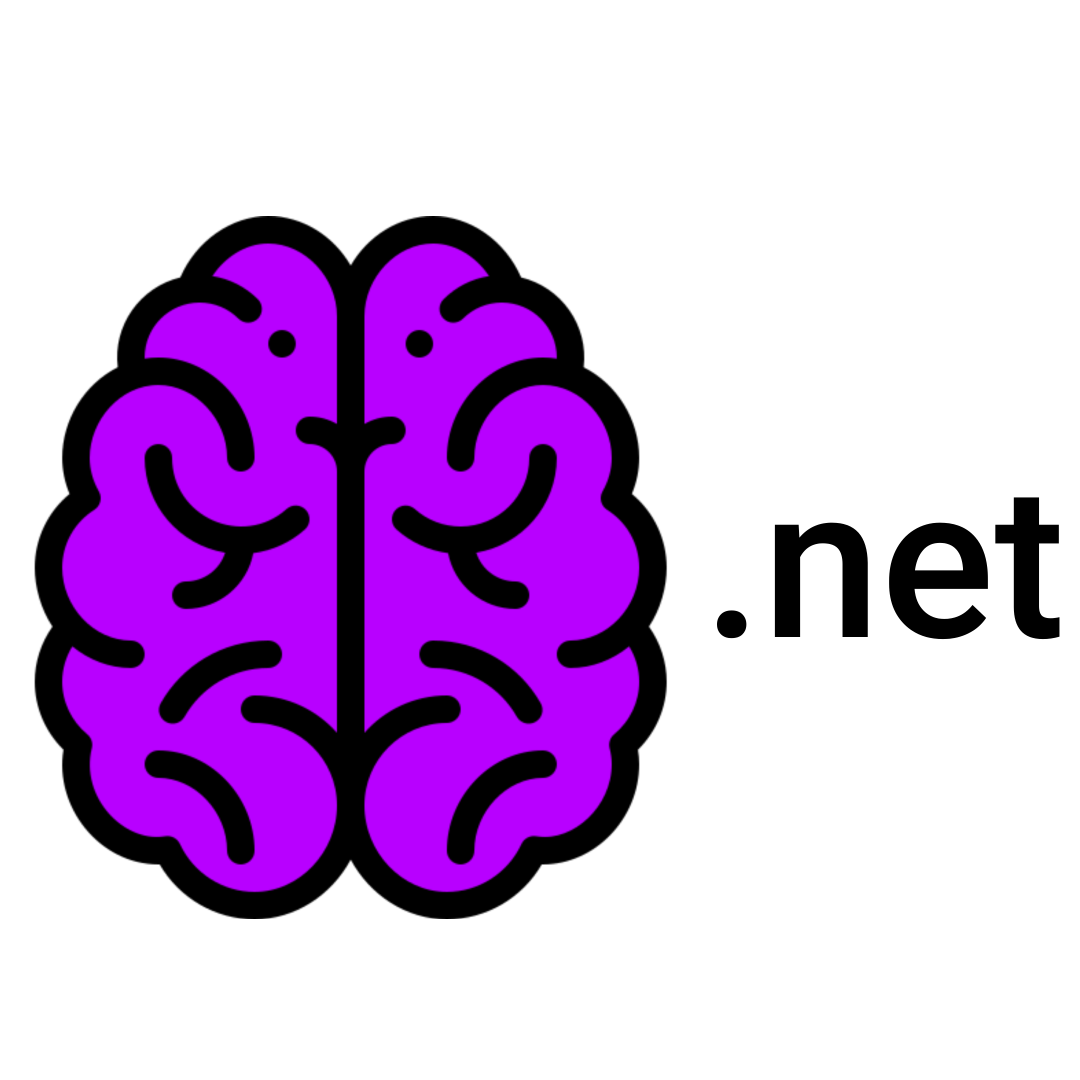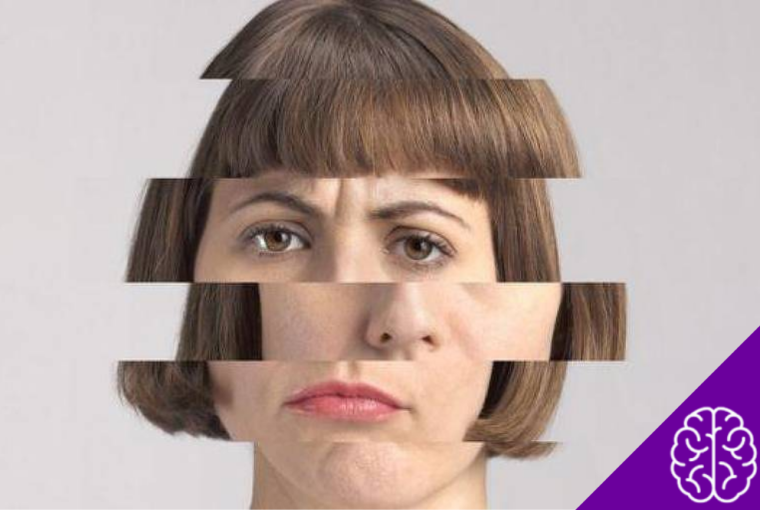If you think you have problems just because your money at the end of the month isn’t enough to cover all the bills, you might want to think again. We’ll showcase some of the most unbelievable rare syndromes in the world—mental disorders listed in the Diagnostic and Statistical Manual of Mental Disorders.
They are extremely rare, posing challenges for psychology and psychiatry professionals. Intrigued to learn more? Keep reading this Insight Factory guide and be amazed at the human mind’s ability to play tricks on us!
What are the most unbelievable rare syndromes?
Since 1952, more than 365 syndromes and mental disorders have been cataloged in the Diagnostic and Statistical Manual of Mental Disorders—some of them quite bizarre. Below, we’ve singled out three rare syndromes that are practically impossible to imagine. Check them out!
1. Capgras Delusion
Also known as “imposter illusion,” this is a rare psychiatric condition where people recognize familiar faces but believe they have been replaced by impostor copies.
The person with Capgras delusion may recognize the physical appearance of the person but feels that they are a different individual with a distinct personality and identity.
Individuals with Capgras syndrome may try to avoid the imposter or even attempt to harm them. Coined by psychiatrist Joseph Capgras in 1923, the disorder is more common in those who have had head injuries, Alzheimer’s, or schizophrenia.
There is no known cause, and treatment involves antipsychotics, psychotherapy, and family support. The syndrome highlights the complexity of the human mind and the importance of comprehensive therapeutic approaches.
2. Fregoli Syndrome
Named after the versatile Italian actor Leopoldo Fregoli, who excelled in playing multiple characters in the same theatrical production.
In Fregoli Syndrome, individuals believe that distinct people, such as a mail carrier, a baker, a doctor, and a driver, are actually a single person disguised in various forms to observe their daily lives.
Episodes of this syndrome are common in people facing schizophrenia and are managed through specific treatment for this condition.
Fregoli syndrome highlights the complexity of altered perceptions in schizophrenia, emphasizing the importance of mental health treatment.
3. Stendhal Syndrome
Stendhal Syndrome, named after writer Henri-Marie Beyle, induces symptoms like dizziness and panic attacks when contemplating works of art, especially in large museums.
Although usually not severe, it is recommended that affected individuals avoid places with artworks to preserve emotional well-being. The term was coined by an Italian psychiatrist who observed about a hundred cases during visits to Florence.
While it generally does not pose significant risks, the syndrome highlights the complex relationship between artistic appreciation and mental health, a subject primarily studied by psychology professionals.
Conclusion
These rare syndromes not only challenge our understanding of the mind but also underscore the intricate connections between mental health, perception, and reality.
As we unravel the mysteries of these rare conditions, the importance of ongoing research and mental health awareness becomes increasingly apparent.


